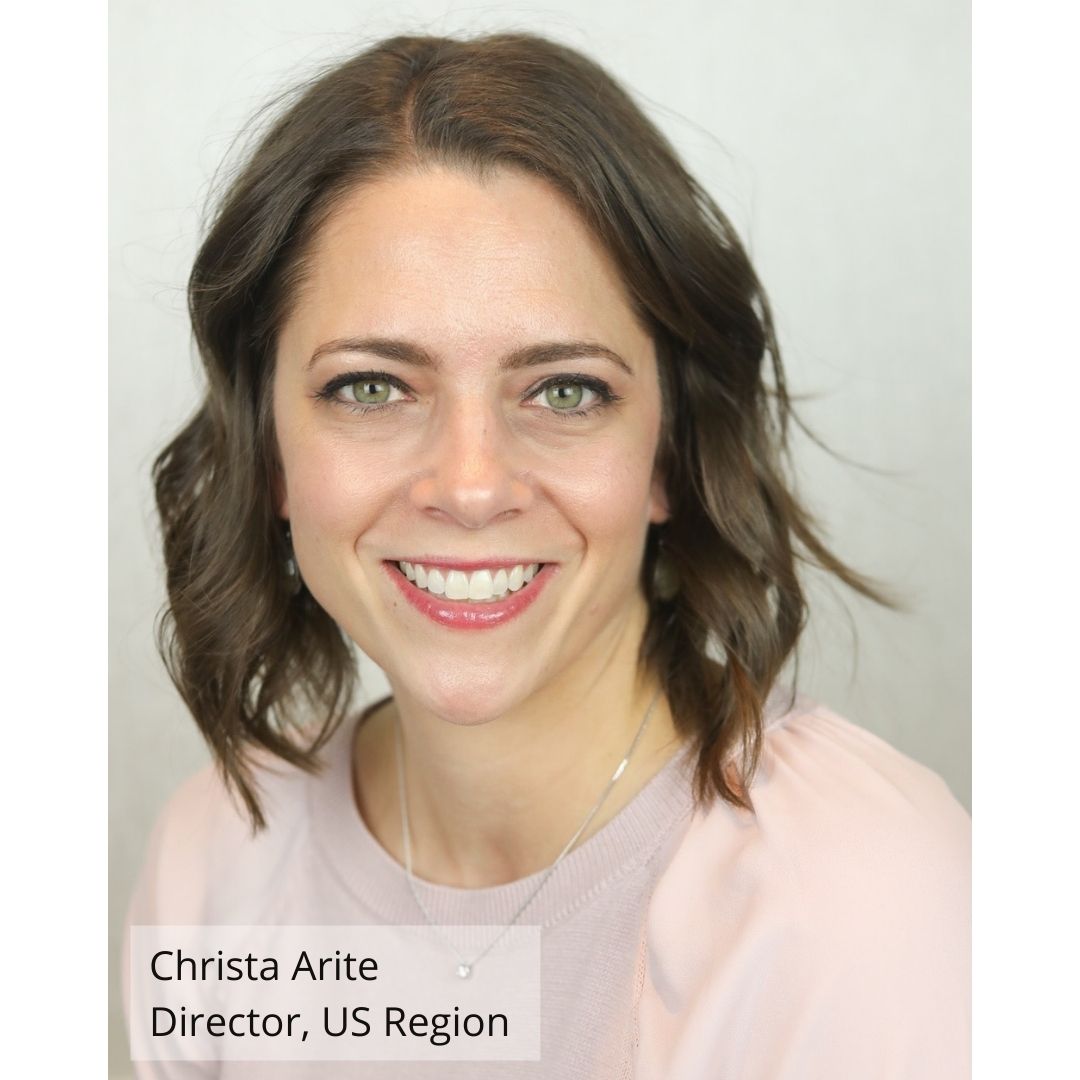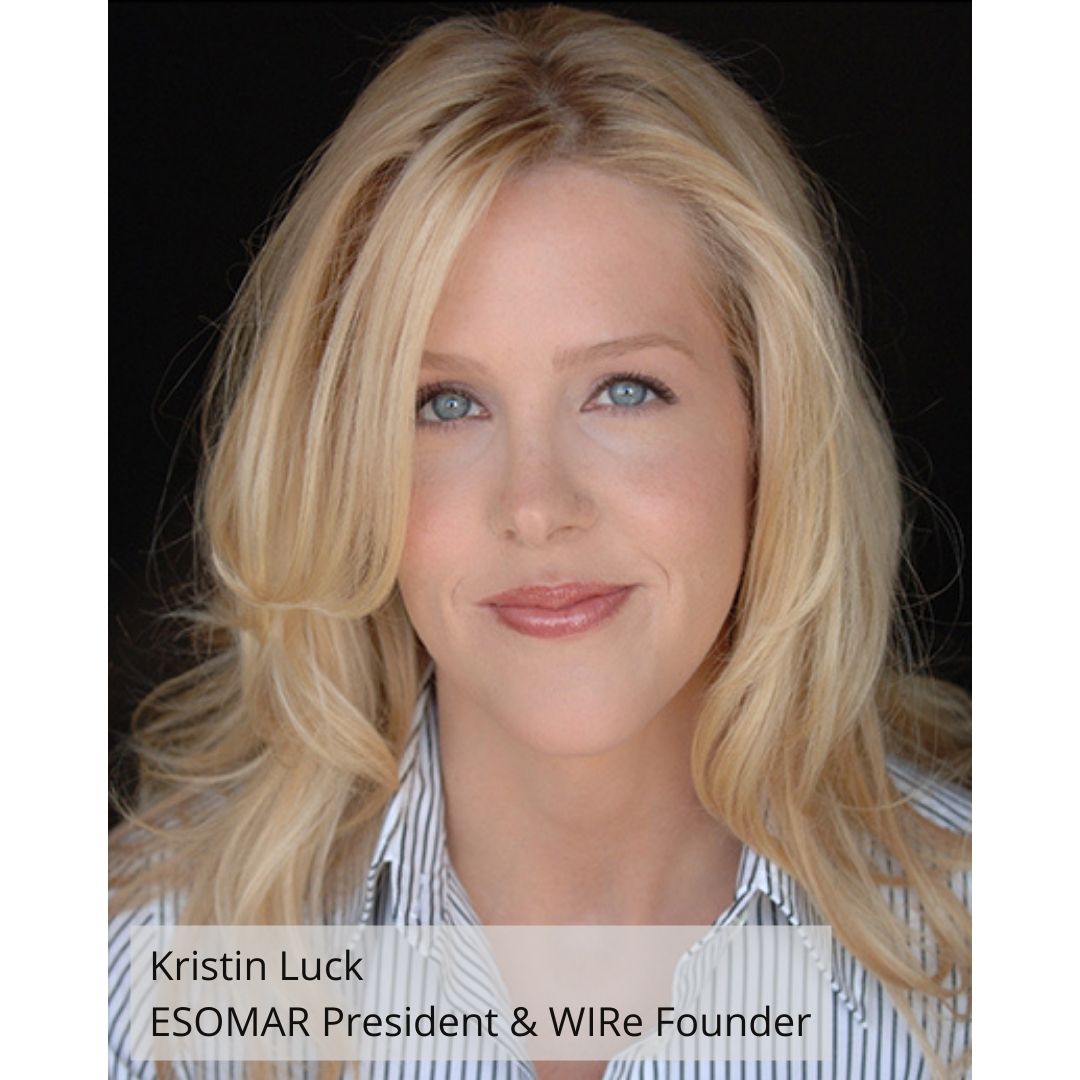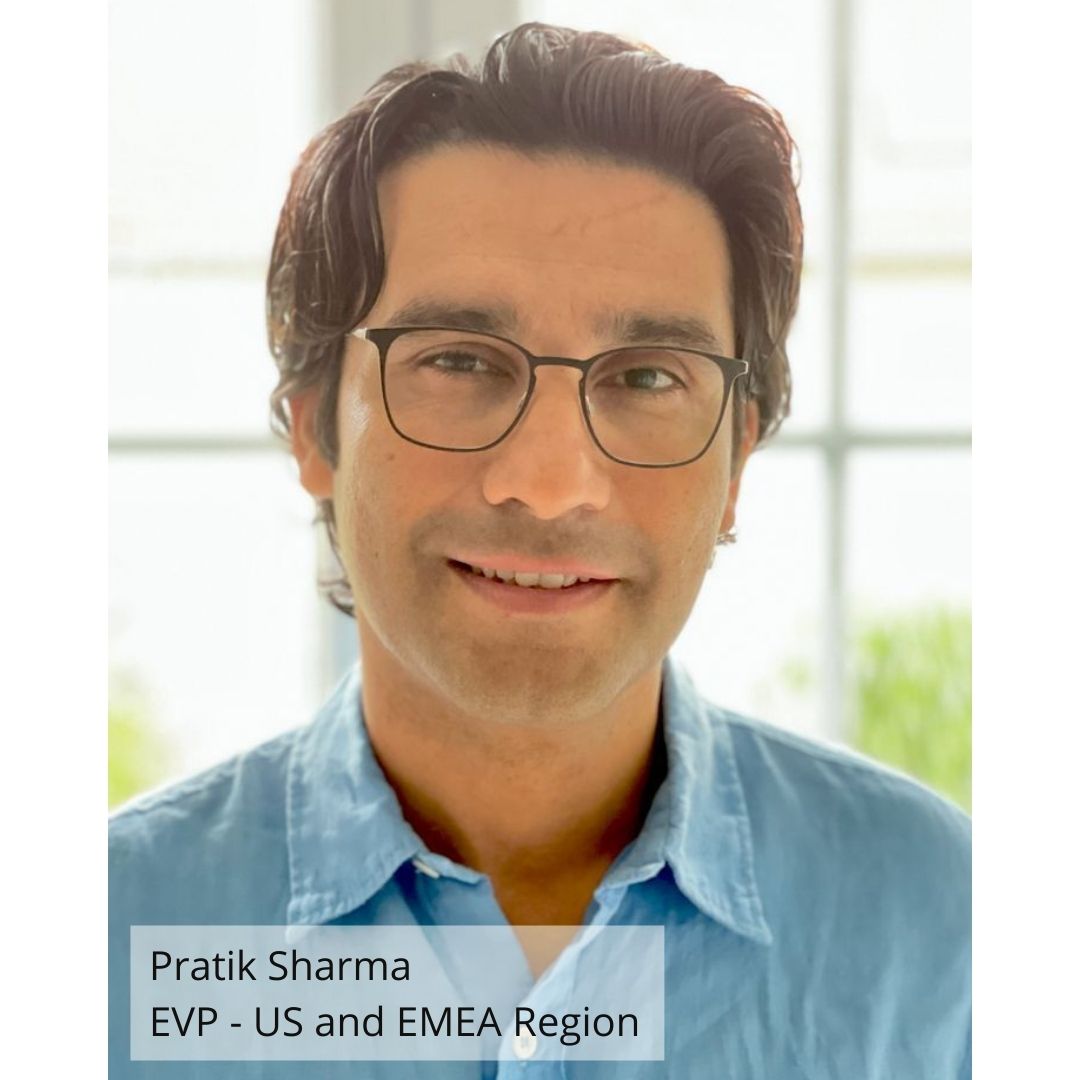Consumer Insight Industry:
What to Expect in 2022
2022/03/03

Image by Overearth from Shutterstock
Consumer Insight Industry: What to Expect in 2022
The marketing research industry has provided many businesses around the globe with valuable insights, thus allowing them to build better decision-making processes. However, the global research industry has undergone a number of changes and transformations, sped up by the global pandemic.
According to Christa Arite, GMO Research’s US Region Director, the industry is now encountering many low-cost competitors. As a result, it is a challenge to compete on cost, especially when clients still need high-quality samples. The company aims to continue working diligently with clients, and working internally to find efficiencies to offer more competitive prices, while also ensuring the highest data quality and delivering excellent value by consulting with clients before, during, and after a study.
industry is now encountering many low-cost competitors. As a result, it is a challenge to compete on cost, especially when clients still need high-quality samples. The company aims to continue working diligently with clients, and working internally to find efficiencies to offer more competitive prices, while also ensuring the highest data quality and delivering excellent value by consulting with clients before, during, and after a study.
In an interview, Kristin Luck, President of ESOMAR, shared more about how the industry has changed, what to expect in the coming year, and the impact the pandemic has had on market research. Kristin is an advisor and growth strategist to firms in the marketing services and technology sector through her consulting firm, ScaleHouse.
 What industry changes does Kristin expect?
What industry changes does Kristin expect?
- 2022 will bring about a further surge in qualitative tech, which has seen a boom during the ongoing COVID-19 pandemic. According to Kristin, while face-to-face qualitative techniques will not disappear as research methods, the profit-margin improvements that companies stand to gain from moving this work online make online qualitative research more appealing than ever. Christa shares the same sentiments as Kristin Luck. According to her, GMO Research has also seen a gradual increase in the number of online qualitative research projects conducted by the team in the past three years. She expects the trend to continue as the company moves forward.
- In an earlier interview with Asia Research, Kristin indicated that, while “traditional research” has been declining year-on-year (even before the pandemic), research buyers remain committed to both primary and secondary data sources, as this approach allows them to get a “bigger and more accurate picture” of consumer behaviours and sentiment. This is especially true with the distinct shift of consumers towards online shopping, DTC businesses, and online media usage, thus giving brands and advertisers the benefit of leveraging more data from online activities and transaction information.
According to Pratik Sharma, Executive Vice President (US & EMEA) of GMO Research, the company is looking into facilitating offline techniques to merge with online methodologies. The company also aims to expand its presence and portfolio in the US and the EU, which will allow the business to become a one-stop solution, providing clients with exactly what they need, rather than adhering to the norms of market research.
GMO Research, the company is looking into facilitating offline techniques to merge with online methodologies. The company also aims to expand its presence and portfolio in the US and the EU, which will allow the business to become a one-stop solution, providing clients with exactly what they need, rather than adhering to the norms of market research.
However, he acknowledges that there may be challenges in bridging cultural gaps across the different regions, especially as this relates to requirements and deliveries. Said Pratik: “The world is surely getting to be a smaller place and within the last years of working from home, this gap has become quite balanced, as the only source of connection for all is online conferences. This has posed another challenge, which is the cultural understanding and change in the client’s needs and behaviour.”
With the growing need to gain access to faster-turnaround research, Asia Research has reported that the consumer insight industry has seen an increase in the development of platforms and end-to-end solutions. It has also seen significant investments and merger and acquisition (M&A) activities among providers in these fields.
Kristin firmly believes that there will be a continued increase in investments and M&A activities this year, as 2021 proved itself to be a banner year for investments in the research and insights vertical. In the early months of 2020, M&A activities within the insight industry “dried up” due to the uncertainties of unprecedented times. However, as the COVID-19 situation began to improve, especially with the introduction of vaccines, M&A activities began to flourish, leading to significant investment activity in 2021 that is expected to continue in 2022.
The consumer insight industry continues to see an influx of M&A activities, especially among traditional research firms struggling to grow as the market reaches saturation. As such, bigger firms acquire others to grow or maintain the region’s market shares. The modus operandi of these firms is evolving as they shift towards niche markets. This evolution contrasts with previously held beliefs that firms needed to be generalists to maximise revenues and profitability.
Kristin also notes that big consulting continues to be a threat to the consumer insight industry. She highlights five key factors that big consulting focuses on, which researchers often do not:
- Storytelling
- Being hypothesis-driven
- Owning the analysis
- Focusing on the ‘so what’
- Breaking down silos: Too often, researchers try to boil the ocean rather than focus on the actual business problem, which big consulting is adept at getting to more quickly and efficiently than traditional research firms
In her position as president of ESOMAR, Kristin is working on ensuring that the market research industry stays strong, as she pushes to bring in more young researchers and data scientists, as well as second- and third-party data providers. Through these efforts, she believes that the importance of data quality and ethics will not be lost as the industry continues to evolve.
What has ESOMAR accomplished since Kristin was appointed president?
Kristin shared that, as ESOMAR president, she is working closely with the Council to expand their global footprint, programmes, and services and ensure that the association is futureproof. For her, this means expanding on Joaquim Bretcha’s platform of “building bridges” and being recognised as an association that serves members globally.
Since her appointment, Kristin has overseen the following efforts:
- Launching dynamic membership pricing, which ensures ESOMAR membership is equitable and accessible globally (paramount to the association’s growth in developing markets)
- Resetting the North American strategy for 2022 and bringing in full-time ESOMAR staff to better support this region
- Increasing the focus on qual and UX research content, which have been underserved in recent years by ESOMAR
- Relaunching the ESOMAR website to ensure greater ease of use and access for members
- Launching a new member recruitment campaign in 2022 in honour of ESOMAR’s 75th anniversary, and implementing focused efforts on the YES, data science, and client member verticals
The team, under Kristin’s presidency, will continue its efforts to enhance ESOMAR’s presence globally.
